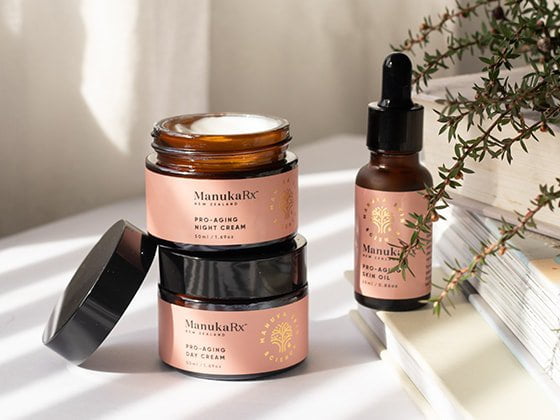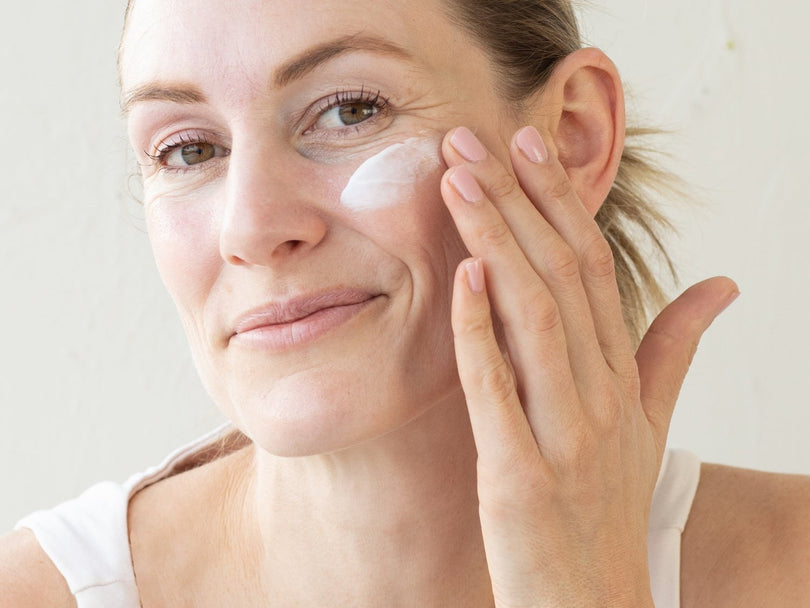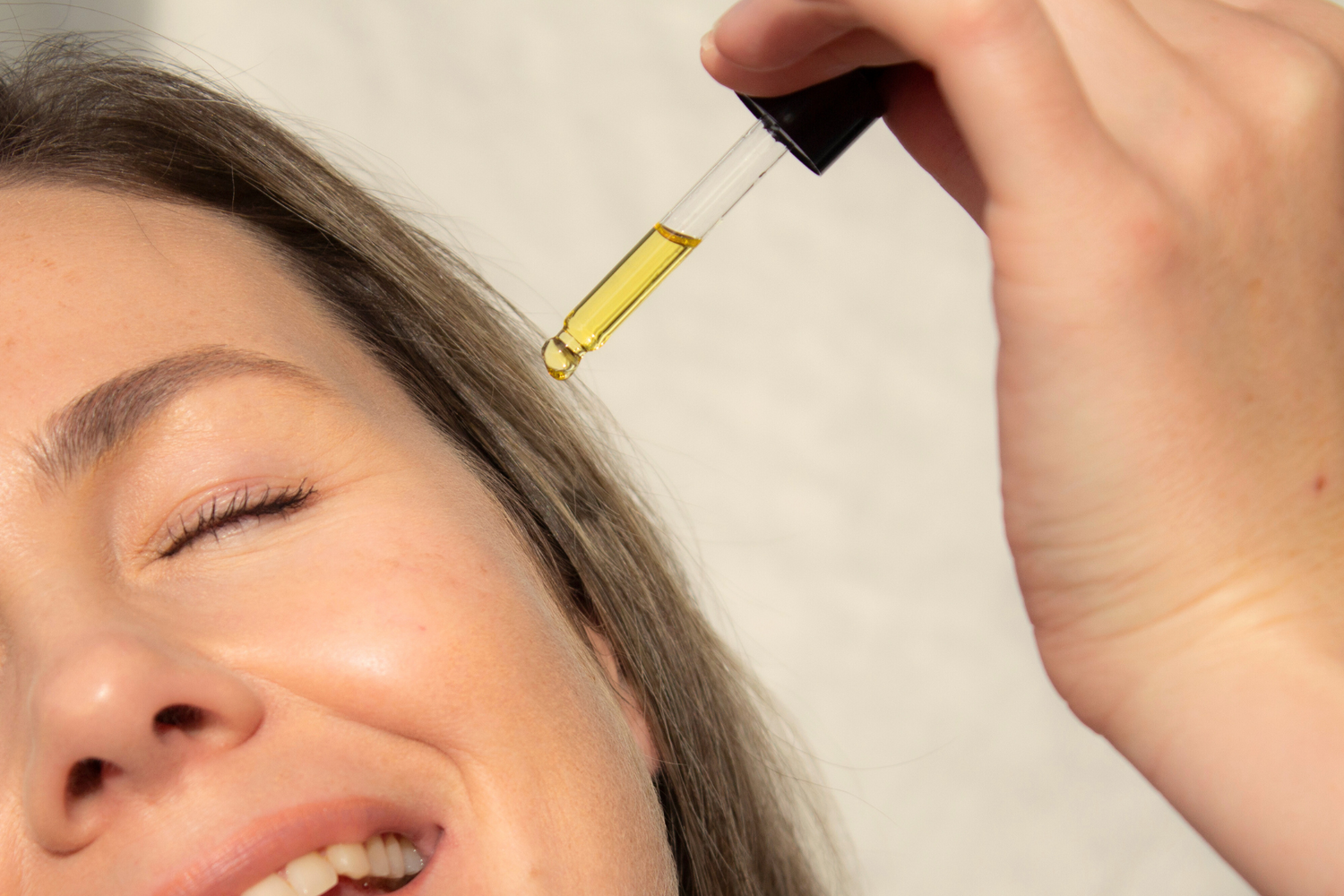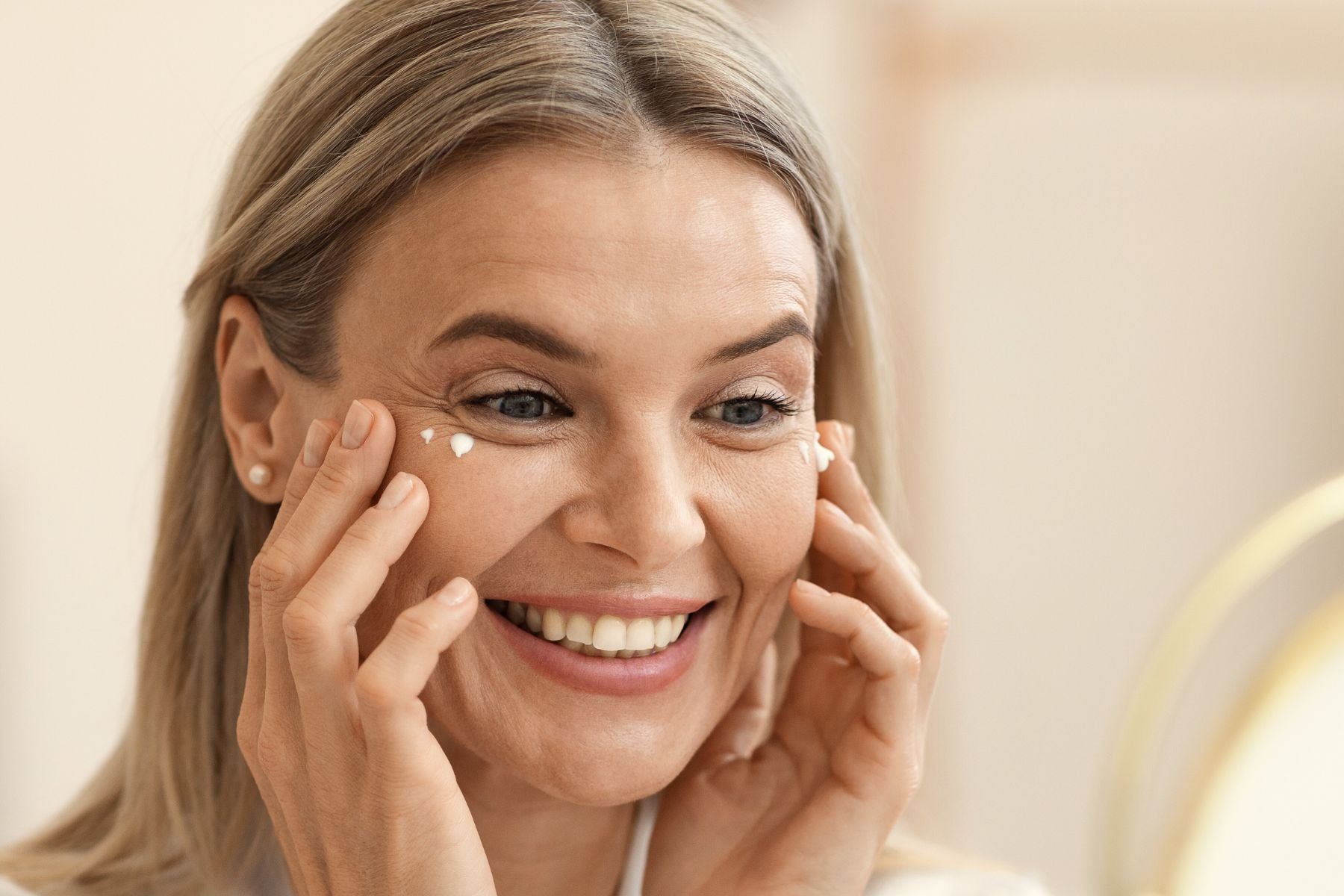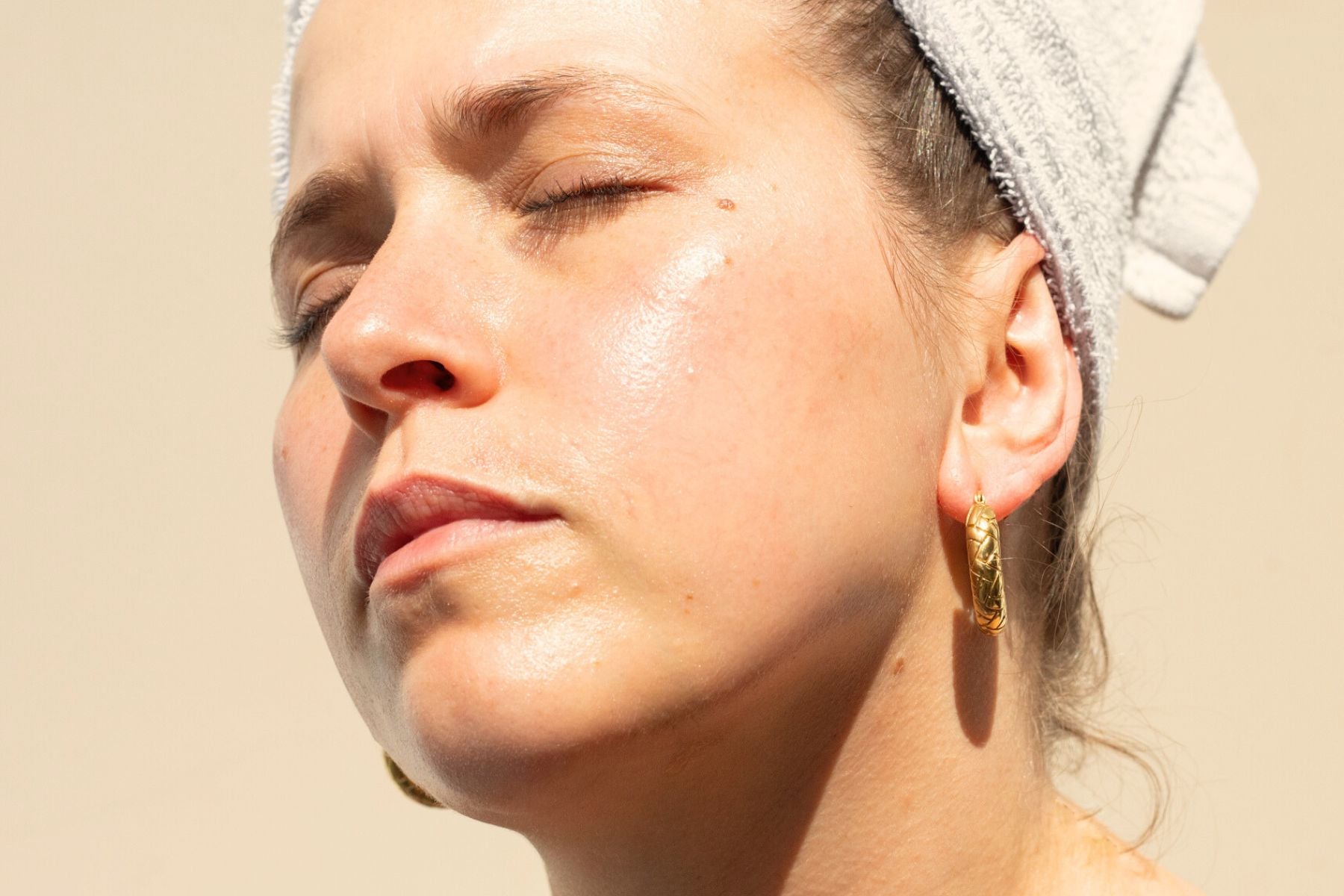Face oil is a skincare product that nourishes and hydrates the skin. It is rich in antioxidants and fatty acids, which help nourish and rejuvenate the skin on the face. However, there are several myths surrounding the use of face oil. One common myth is that people with acne-prone skin should avoid using face oils as they can clog pores and make the skin oilier.

Let's delve into the science behind oily skin and examine whether using face oil is beneficial or detrimental to it.
Science of Oily Skin
The skin has special glands called the sebaceous glands that secrete sebum. This sebum provides a protective layer to the skin and helps keep the skin moist.
When facial skin produces more sebum than necessary, it looks oily. The sebum can sometimes clog the pores, leading to acne. Thus, keeping the skin clean and removing excess sebum is essential.

The role of face moisturiser is to nourish the face and make it look plump. If you do not apply moisturiser, the face will produce excess oil to keep it hydrated. Thus, it is important to apply moisturiser to oily skin to get the best look.
However, you should ensure the moisturiser selected is best suited for oily skin.
Benefits of Face Oils for Oily Skin
The primary role of face oil is to maintain the skin barrier and prevent over-drying of the skin, which can trigger more oil production.

Certain oils, such as our Restorative Skin Oil, can regulate oil production by nourishing and strengthening the skin barrier. This oil keeps the skin hydrated and healthy, thus eliminating the need to produce excess sebum by the skin. In addition, the oil also reduces fine lines and wrinkles and provides a healthy glow to the skin.
Best Types of Oils for Oily Skin
Mānuka oil
Mānuka oil is extracted from the leaves and branches of the Manuka tree or New Zealand tea tree. It has antimicrobial properties that help keep skin healthy and glowing. Besides, it reduces the appearance of blemishes and dark spots and even protects the skin from UV rays.
Jojoba oil
Jojoba oil, extracted from the seed of the jojoba plant, is rich in vitamins and antioxidants. It softens and nourishes the skin, thus providing a youthful glow.
Tea tree oil
Tea tree oil extracted from tea trees promotes glowing skin. It also prevents skin infections and helps eliminate acne.

The blemish skin oil contains the best oils for oily skin like mānuka and jojoba oil. It can clear clogged pores and get rid of bad bacteria, thus providing you with blemish-free skin. If you have oily skin that you find difficult to maintain, the Blemish oil is a perfect choice.
How to use face oils?
Face oil can be used once or twice a day, depending on your skin type. If you have oily skin, you can apply the face oil for oily skin at night after cleansing your face. If you have dry skin, you can use the oil in the morning and before going to bed.

If you use face oil during the day, remember to apply sunscreen on top of it.
You can use a dropper to apply the face oil and gently massage it on the face in an upward stroke until the oil is fully absorbed by the skin.
Embracing face oils as part of a skincare routine for oily skin can transform the way your skin looks and feels. You can easily manage your oily skin by debunking the myths surrounding oily skin and understanding the science of sebum production.
Besides, choosing the right face oils can improve the skin barrier function, and achieve a balanced, healthy complexion.


